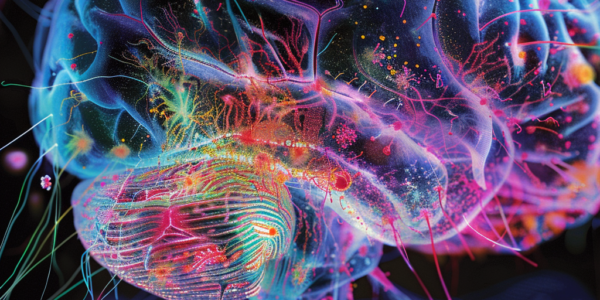Understanding Dementia: Challenges and Strategies for Care
Learn about the prevalence of dementia globally and the importance of early intervention and supportive strategies. Dr. Sameer Gupta emphasizes the significance of understanding dementia as a neurocognitive disorder and highlights key indicators for timely intervention. With over 55 million people living with dementia, raising awareness and promoting early detection are crucial for improving the lives of those affected.
Molecular Links Between ALS and Dementia Revealed in Groundbreaking Study
Groundbreaking study by MIT and Mayo Clinic researchers reveals remarkable similarities in cellular and molecular characteristics between ALS and frontotemporal lobar degeneration (FTLD). The findings suggest potential therapeutic targets for ALS may also be effective for FTLD, and vice versa, opening new avenues for understanding and treating neurodegenerative diseases.


